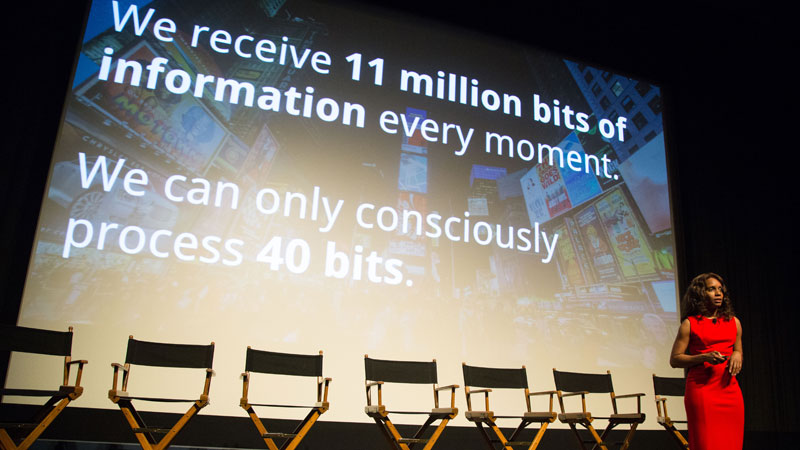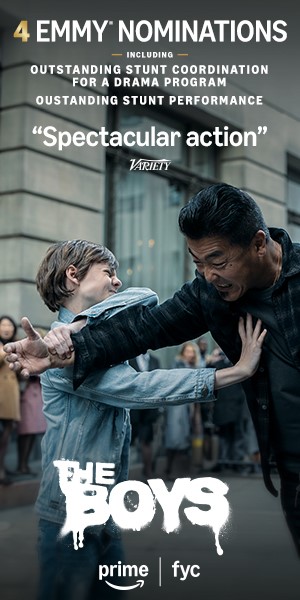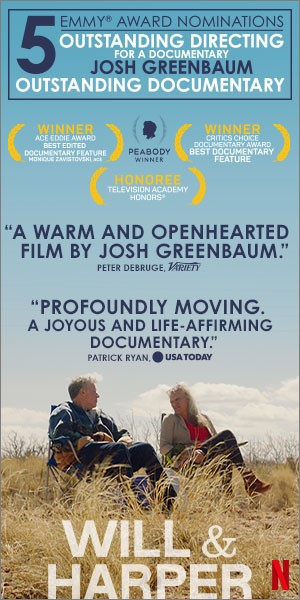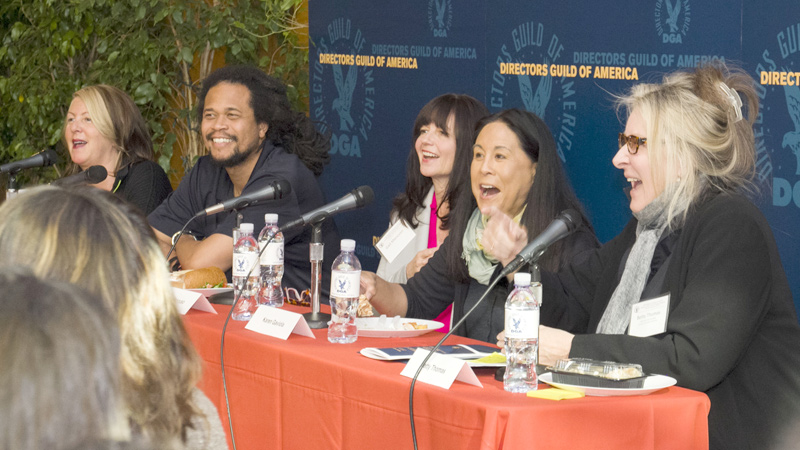photos by Michael Jones
A panel of executive producers, directors and writers took the stage on April 20 to discuss ways to boost diversity above and below-the-line by focusing on “unconscious bias,” which can affect decision-making in hiring. The event, held at the WGA West Theatre in Los Angeles, was a collaboration between the WGAW, DGA, Google and the Geena Davis Institute on Gender and Media.
DGA Diversity Task Force co-chair and Director-Producer Todd Holland (Malcolm in the Middle, The Larry Sanders Show), Writer-Executive Producer Callie Khouri (Nashville), Executive Producer Peter Paige (The Fosters), actor Geena Davis (Thelma and Louise), Executive Producer Shonda Rhimes (Scandal, Grey's Anatomy), and Writer-Executive Producer and event moderator Glen Mazzara (The Walking Dead) joined Google’s Diversity Manager Judith Williams on the evening’s panel.
After opening remarks by Mazzara and Davis, Williams presented evidence showing how unintended bias, like associating math with maleness, manifests as discrimination in the workplace. Unconscious bias, or grouping like things for efficiency and comfort, once “kept us safe and allowed us to survive,” said Williams. But this implicit basis also leads to stereotypes that keep women and people of color from writing rooms and director’s chairs.
According to Mazzara, “Hollywood is a conservative environment so there’s no reason to take a risk,” adding that efforts to diversify his staff are often met with resistance. “It’s a systemic problem, and it’s very complex.”
Davis’ nonprofit – the Geena Davis Institute on Gender in Media – has researched gender disparity on screen. The organization found the percentage of women in positions of power and in crowd scenes in live action and animated films is the same – about 17 percent. “That means the fictitious worlds that are created are made of only about 17 percent female presence,” said Davis. “The message being sent is women are less valuable.” She added that the Institute found when a woman is in the director’s chair, the number of female characters on screen increases significantly.
Holland, Co-Chair of the DGA’s Diversity Task force shared the Guild’s efforts to improve gender balance and diversity behind the scenes. “Either you nurture and educate your existing hires or build a base. We do both,” said Holland in discussing how the DGA works with the networks and studios to create fellowship programs which broaden the pool by developing new directors, in addition to creating educational and networking opportunities for current members.
Williams noted that creating a diverse team off-screen leads to better storytelling on screen. “When you're trying to innovate, that's what you want. If you have an assembly line, then you want sameness.”
Khouri believes that if you helm a show or film, improving diversity and gender parity should come with the job. “[Society] isn’t going to change on its own. If you're considered powerful in the world then it has to be your mandate.”
Paige agreed with that assessment. “We have the privilege of telling stories for a living, and we can't take two seconds to make it more accurate to the world around us? I don’t buy it.”






